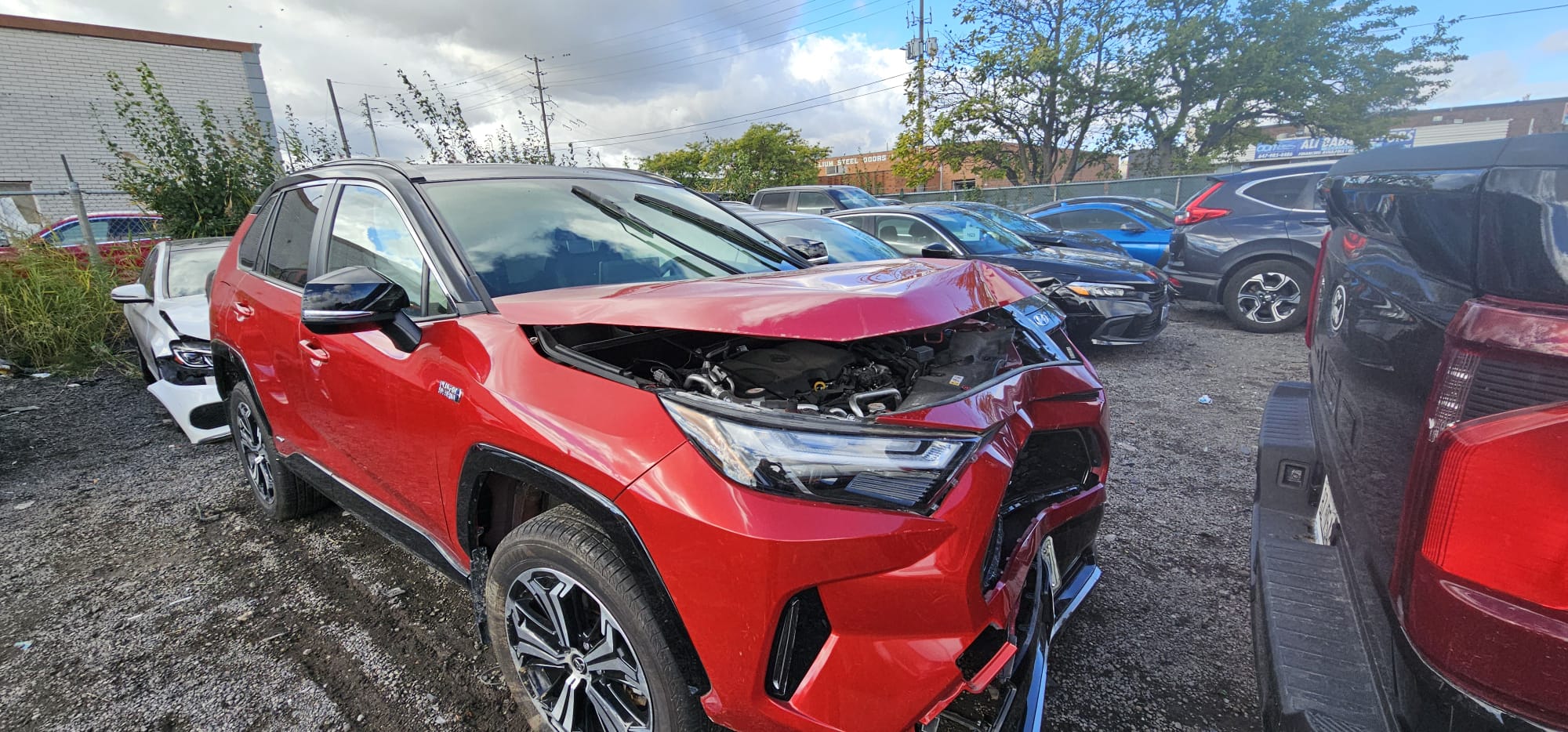Newly minted U.S. Senator-elect Bernie Moreno of Ohio opened his victory acceptance speech with the line, “No more EV mandates.” The now-President-elect Donald J. Trump repeated this theme as he campaigned through the Midwest. What will be the consequences of this policy change now that the Republican Party controls or may control all three branches of the executive and congressional operations of the U.S. Government?
I personally think that the impact of Trump’s re-election will be a re-direction of critical minerals policy.
Up until now, U.S. critical minerals security as a policy was more talk than reality. Still, just before the election, the U.S. Defense Department publicly re-affirmed its “National Defense Industrial Strategy.” I can tell you that the DoD has been actively following this policy concerning rare earth permanent magnets for its needs and uses for most of the last two years.
For some time, the military has been independent of politics in selecting and sourcing critical minerals. The basis for the military’s choices of critical minerals is national security.
Unfortunately, for America’s OEMs, the choice of critical minerals for manufacturing their products has recently become primarily political. This meant that they flirted with and even called for subsidies to ensure that domestic suppliers of critical minerals’ based components could not just thrive but also survive.
Let’s briefly examine the non-military domestic American critical minerals demand for consumer products.
I believe that the CEOs of American consumer OEMs and the bureaucrats and elected officials in Washington, Ottawa, London, and Brussells are the Judas Goats that are leading Western industry to the slaughterhouse of history in service to the new cosmopolitan elites for whom wealth accumulation is the only goal. The creation of wealth and jobs, which is the only path to an economy’s growth, seems to be of little interest to the financial engineers who have enriched themselves while leading the West backward in time to the stratified economies, rich and poor only, of the past.
But America has just elected a populist President who understands the divide between the elites and those who elected him all too well.
Is Senator Moreno’s statement, a theme of the new President’s campaign in the auto industry-dependent Mid-West, to be government policy?
I think so.
The military’s long-standing industrial policy toward minerals, which it considers critical for national security, will continue prioritizing availability over price, so it will subsidize prices to ensure supply.
But what will happen now to the consumer markets for critical minerals, which are at least ten times larger than the military market?
If, and only if, President Trump maintains the buy-American policy, which is to be ensured by tax credits (subsidies) and tariffs (subsidies) to protect globally non-competitive American mineral products, then there will be an American consumer market for domestically controlled critical mineral supply chains.
But, if the new President elects to repeal the EPA rules, which support and drive the so-called “EV mandate (and the Wind Power one as well!), then the impact on the domestic critical minerals products supply chains will be very serious for currently non-producing junior miners and processors.
The U.S. market for critical minerals in their end user or even finished forms (as components of devices already built) is probably the second-largest in the world.
However, the domestic American supply chains in which these minerals and their finished products are critical are price-dependent.
If there is no tariff on goods with “Chinese content,” then the only way non-Chinese companies can compete in the American market is through price competition. Only one American rare earth producer, for example, has, from the beginning, taken competitive advantage and lowest-cost production as drivers. All of the others seek subsidies (aka, taxes) to be “competitive.”
China has actually helped domestic American ventures in critical minerals mining and processing by restricting the export of technologies and associated equipment for the manufacturing of rare earth permanent magnets. This is a driver for the U.S. Defense Department’s Industrial Policy and has given consumer markets hope that there will be subsidies.
Nonetheless, the shrinking EV market due to the withdrawal of governmental interference from the free market for transportation directly influences the domestic American critical minerals markets.
No subsidies would mean that the domestic American production of lithium, cobalt, and nickel for use in batteries makes no economic sense. American deposits of these minerals have always been expensive to develop. Now, unless they are subsidized, they make no sense at all.
We cannot know the future, but we do know that the global critical minerals markets are dominated by Chinese direct and indirect ownership of production and processing sources.
If either China or the United States withdraws from the global commodities markets by imposing tariffs and technology export restrictions, then only the current American producers and processors with the lowest costs will survive without subsidies. Subsidies are a tax that drives prices up, so although they sound good to populists, they are devastating to the consumer economy.
I believe that Americans will not make choices that degrade their standard of living as most European states have. Americans will now support domestic critical minerals production and processing, but that support, cannot be eternally based on subsidies. It will have to be based on competitive advantage.
Choose your critical minerals’ investments wisely and only on the basis of economics.
The upcoming CMI Summit IV, themed The War for Critical Minerals and Capital Resources, is scheduled to take place in Toronto, Ontario, on May 13-14, 2025. The CMI Summit aims to foster strategic partnerships and develop actionable solutions that support the growing demand for critical minerals, crucial for the advancement of clean energy, technology, and national security.
To secure a CMI Membership, click here or to secure a CMI Summit IV 2-day Delegates Pass, click here





Leave a Reply